Optimised Performance
Lifebit’s platform offers the full range of reserved and spot instances to cater to individual analysis needs. Achieve optimised performance and cost with flexible and on-demand Spot instances.


The scale and sensitivity of genomic data bring unique challenges. Organisations are struggling to find the balance between security and usability of their data.
Lifebit has partnered with AWS to enable the next generation of clinico-genomic data management – a federated, cloud-based solution. This architecture enables researchers to collaboratively analyse data in situ and connect with disparate datasets in one unified place – their own secure environment, helping to scale-up collaboration capacity in genomics research, accelerating research impacts and breakthroughs in patient care.
Users of Lifebit CloudOS on AWS will benefit from the near-infinite scalability of the world’s largest public cloud. Custom-build the computational infrastructure to cater to your project needs and advance precision medicine today.
Lifebit CloudOS provides an end-to-end solution for large-scale clinico-genomic programs, transforming raw data into research and clinical insights. This can all be deployed within your own secure AWS cloud environment.
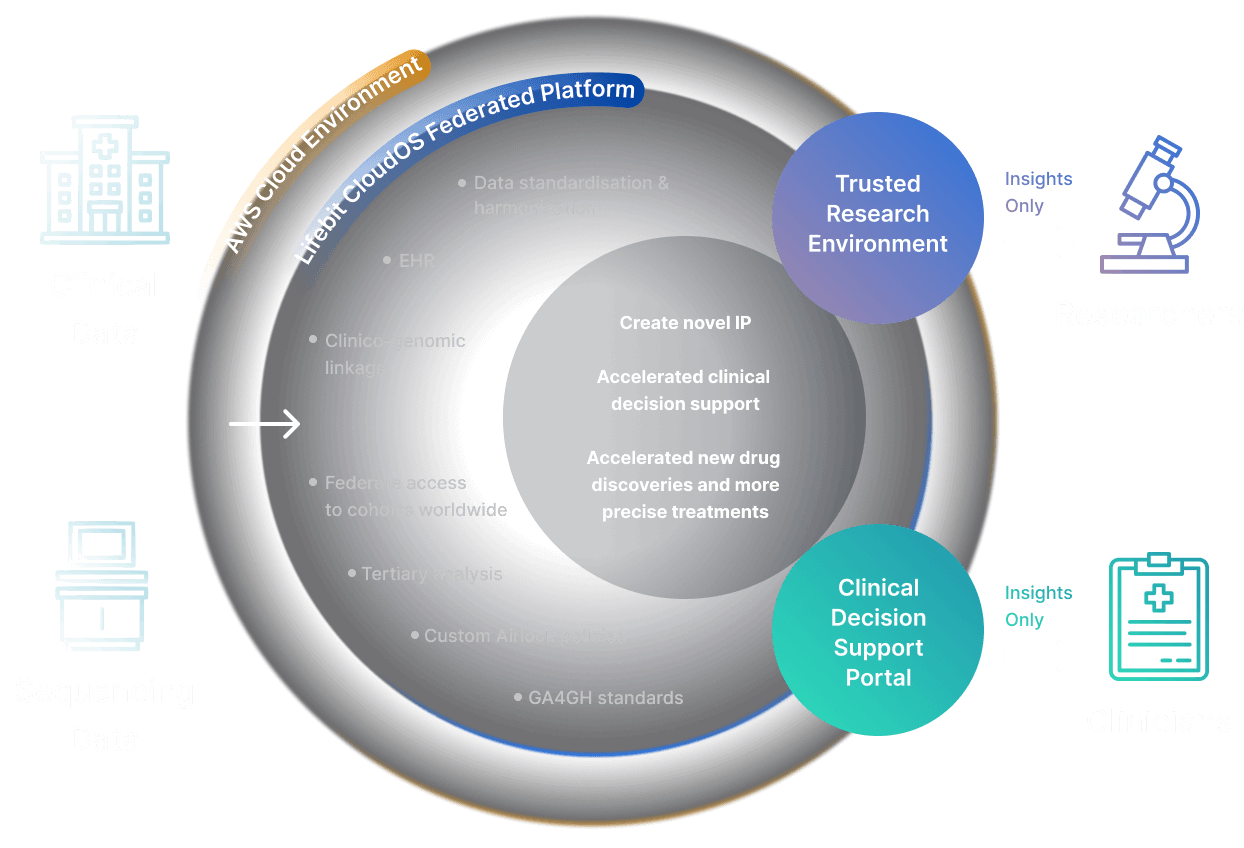
The Lifebit CloudOS platform is compatible with the full range of AWS compute and storage services.
Lifebit’s platform offers the full range of reserved and spot instances to cater to individual analysis needs. Achieve optimised performance and cost with flexible and on-demand Spot instances.
For workloads that require fast and high-throughput access to compute, users of Lifebit’s platform can leverage specialised GPU and FPGA compute instances to accelerate pipelines & workflows (e.g. NVIDIA Clara Parabricks).
Users of the Lifebit platform can minimise overall storage costs by flexibly hosting data within Hot or Cold storage based on data use requirements.


Lifebit contributed to a policy paper published by the OECD in February 2021 on the technical, legal and business challenges arising from genomics and biobanks. Specifically, we gave insight on how cloud-based, federated technology can address these challenges, describing our recent work with Genomics England’s 135,000-strong cohort of patient whole genomes.
based on the most advanced federated architecture in the industry



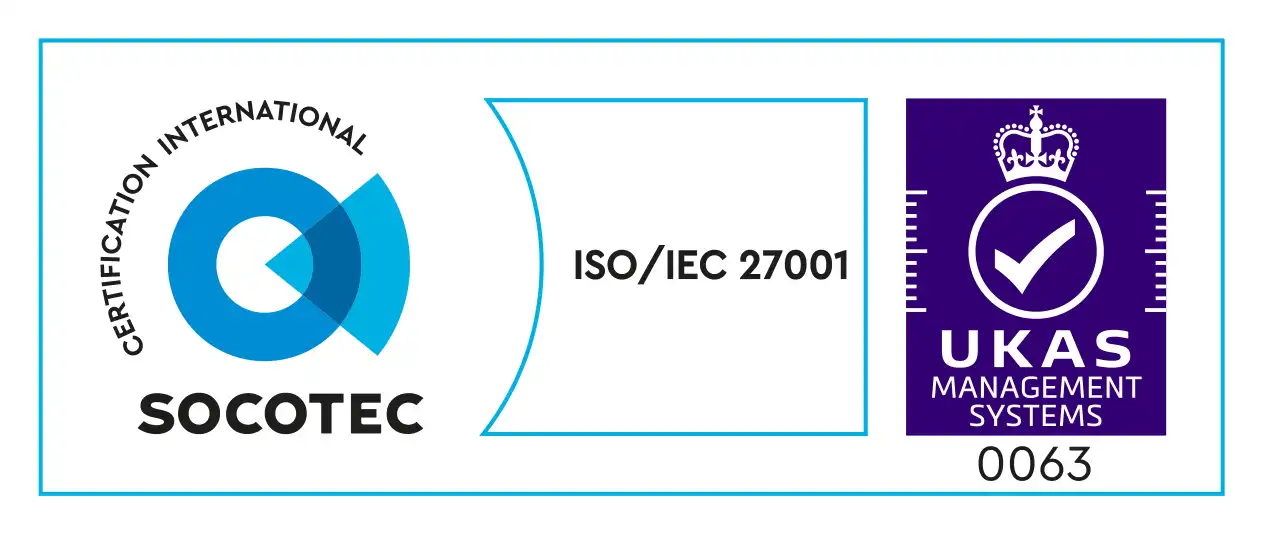













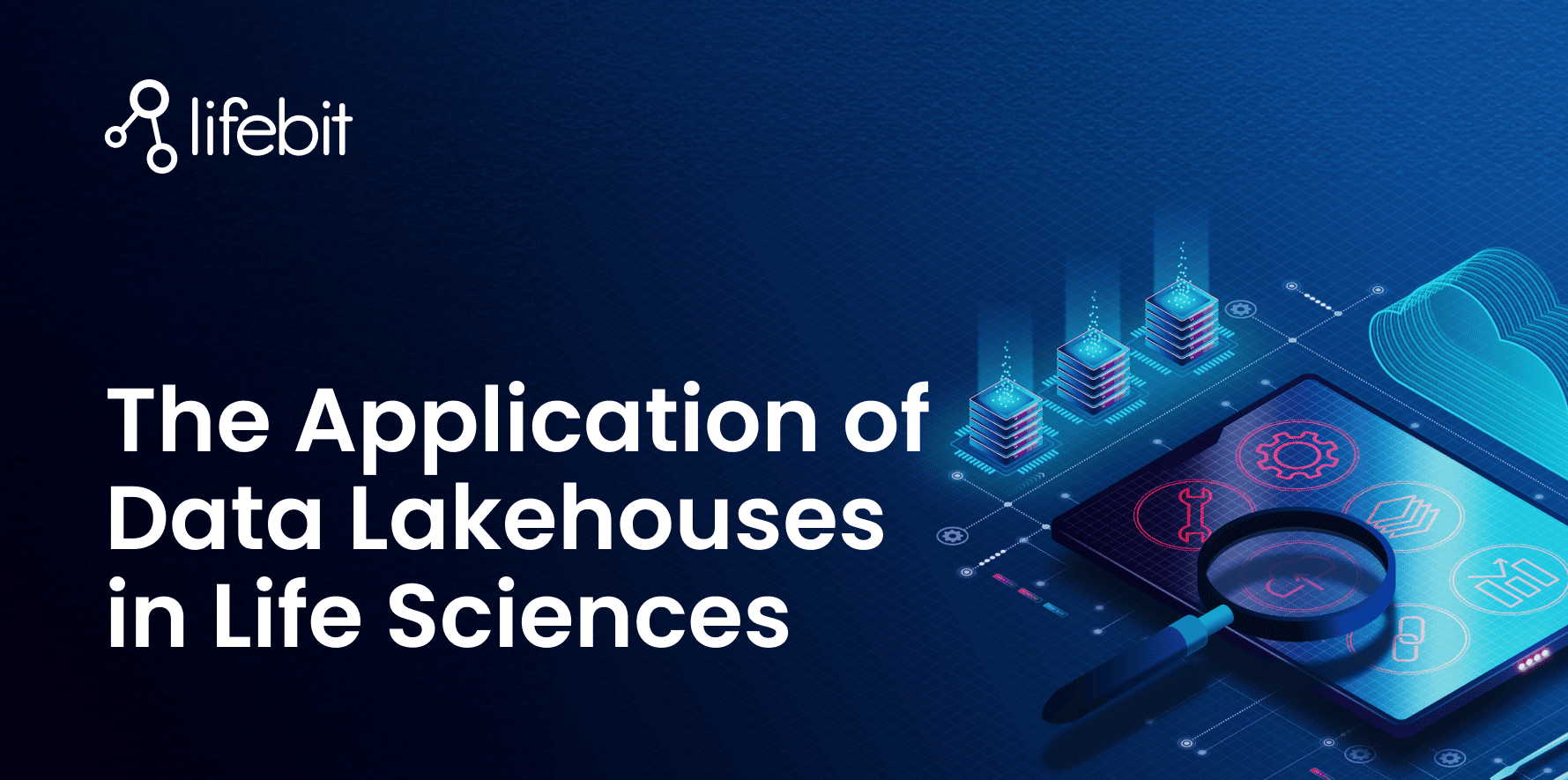
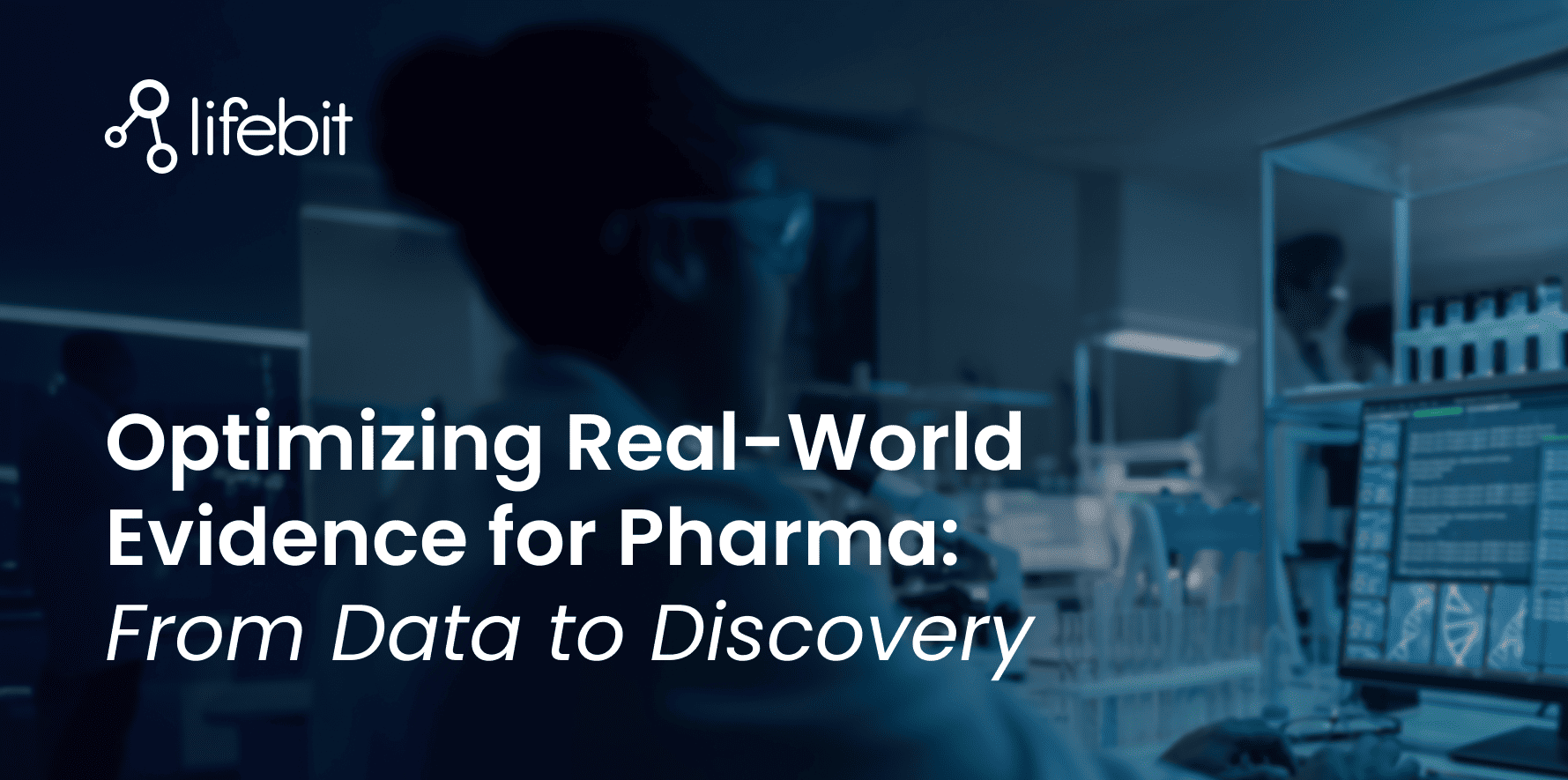
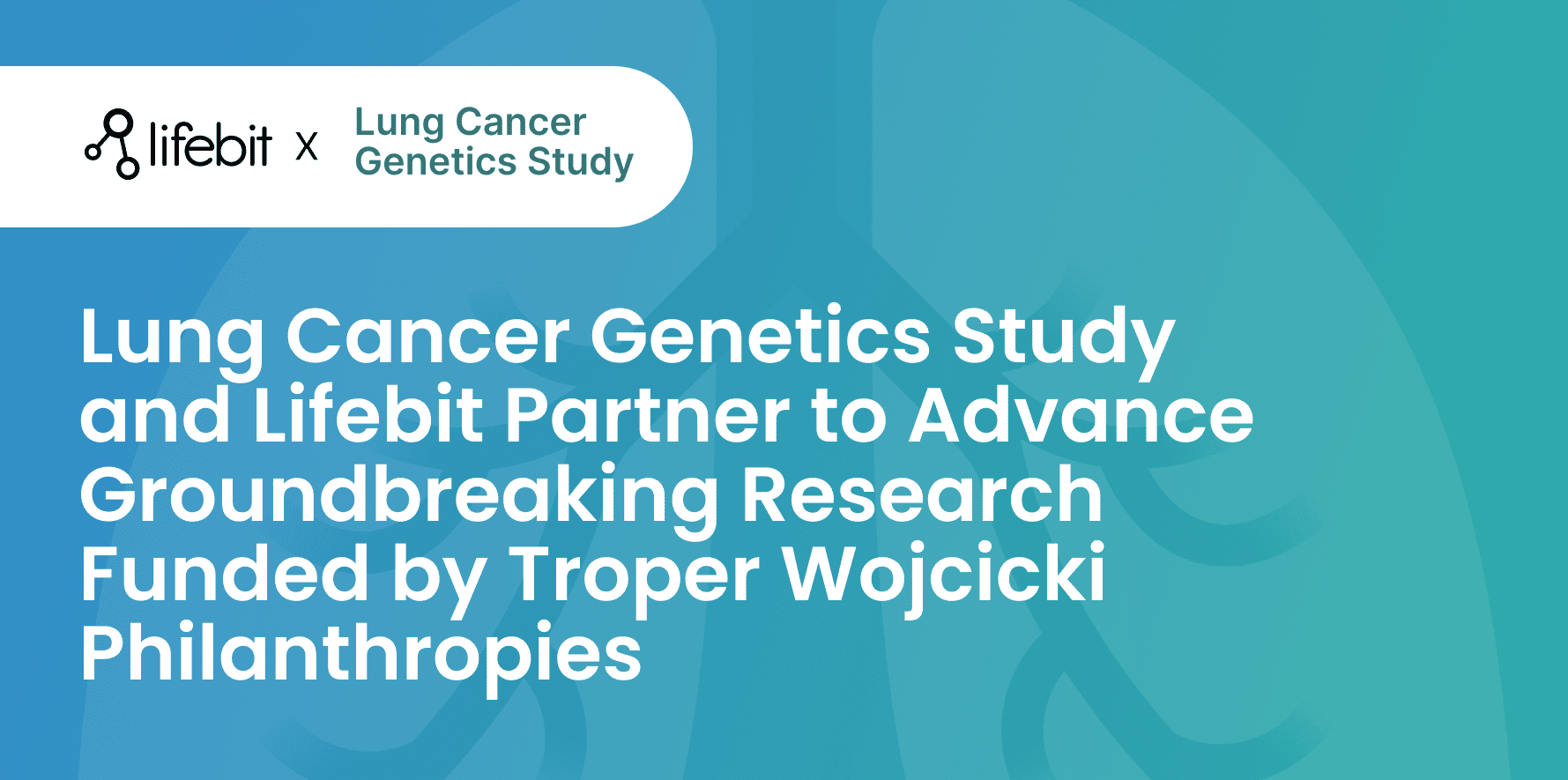

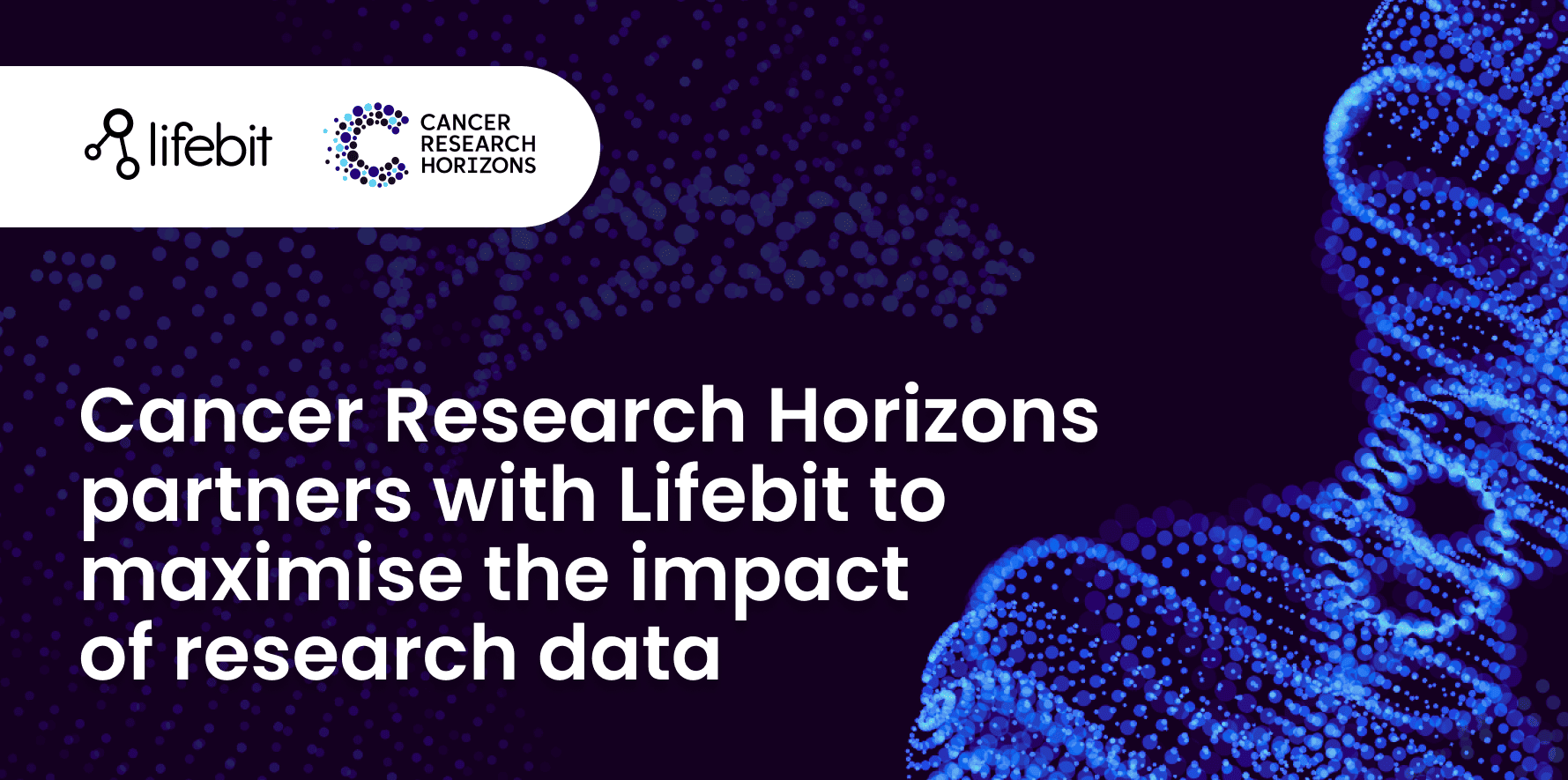

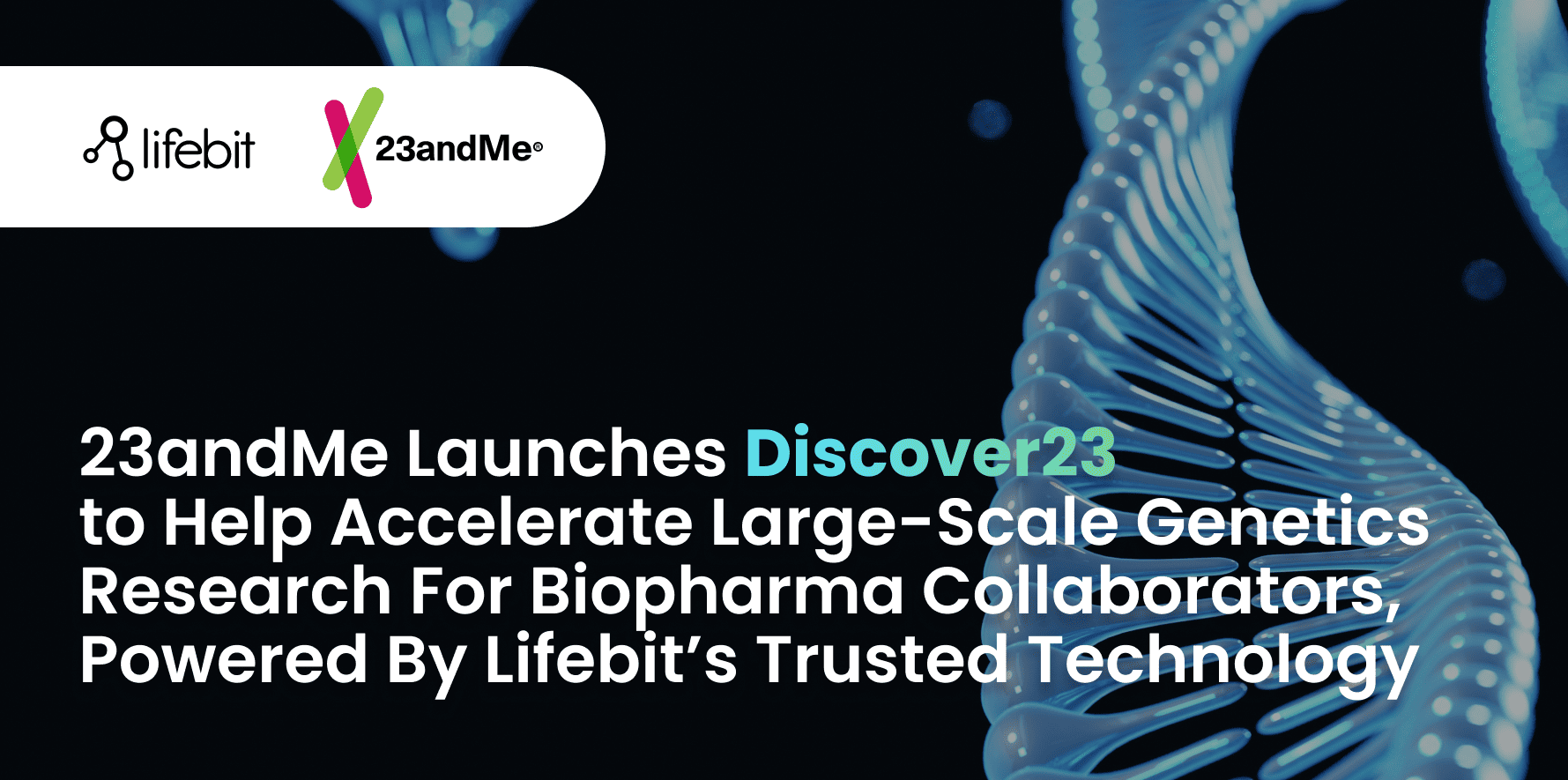

June 29, 2020

2021